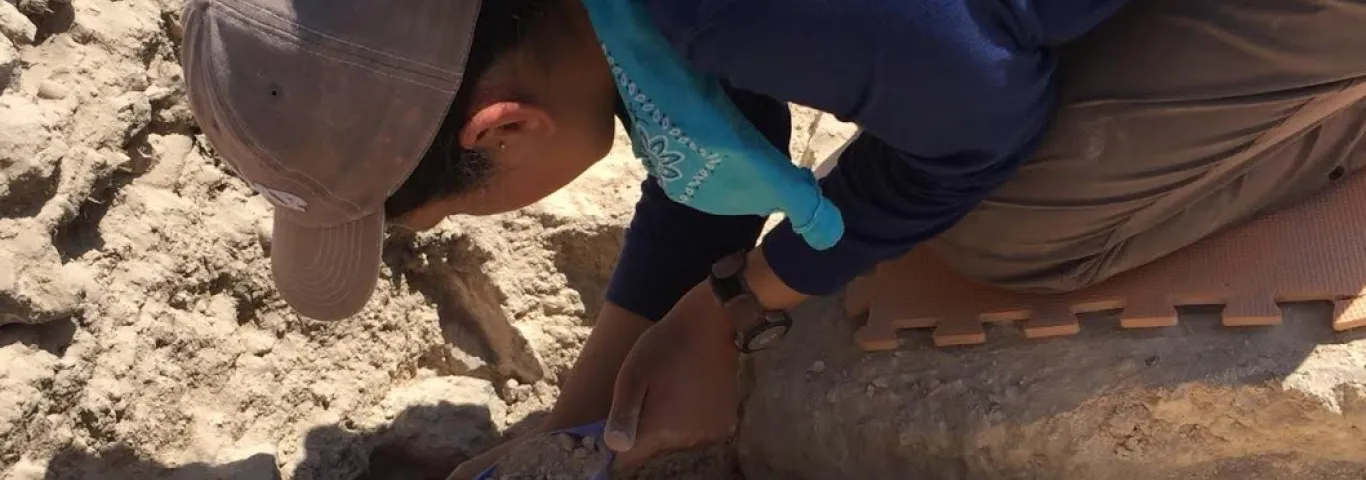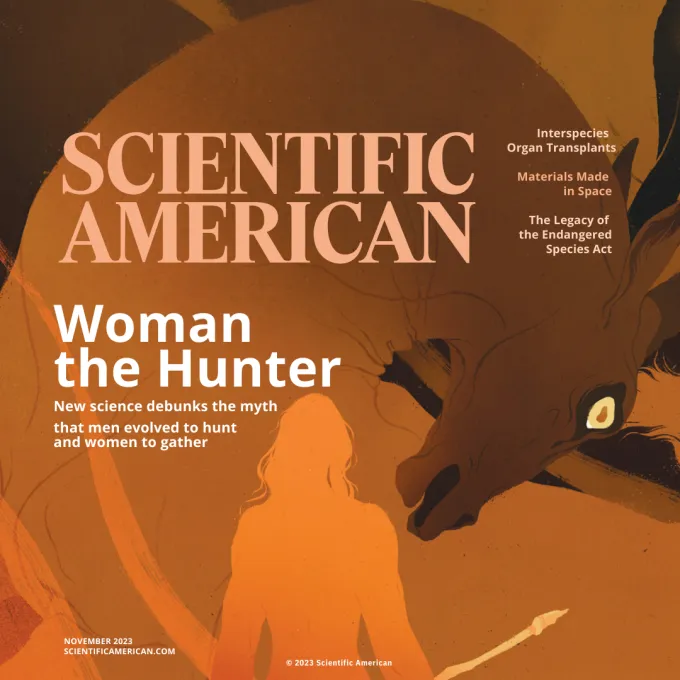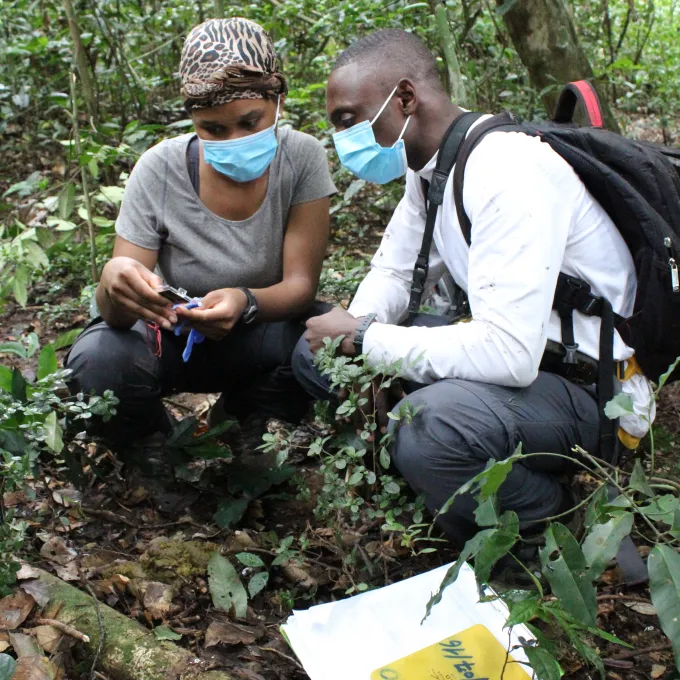Our Program
Washington University's Department of Anthropology has one of the top-rated doctoral programs in the country. It is highly collegial and notable for its strong tradition of close mentoring, its policy of generous funding and its solid record of placing graduates in desirable positions.
Anthropology faculty and graduate students work locally and globally. In archaeology we study emergent social complexity in small-scale societies; social, political, economic, and ritual variability among hunter-gatherers and pastoralists; development of food production; environmental archaeology; and landscape archaeology. We specialize in paleoethnobotany, zooarchaeology, isotopic analysis, Geographic Information Systems (GIS), geoarchaeology, and bioarchaeology. Research strengths in biological anthropology include primate ecology and conservation; primate evolution; biomechanics and energetics; human evolution and diversity; and the study of early modern humans. Resources include labs in biomechanics, human biomarkers, primate genetics, and primate endocrinology. Two of our biological anthropology faculty have primary appointments in the Medical School. Theoretical and topical interests in sociocultural anthropology are diverse and include global health and medical anthropology, environmental anthropology, food studies, science and technology studies, political anthropology, law, and the study of institutions. Sociocultural anthropology students also benefit from intra- institutional collaborations. Our program maintains strong links with the Washington University School of Medicine and we advise MD/PhD students. We also work with Washington University’s Brown School, and students may earn both the PhD and MPH.





